-
- USA/Canada 1-800-285-2726
- Australia (02) 8006 4411
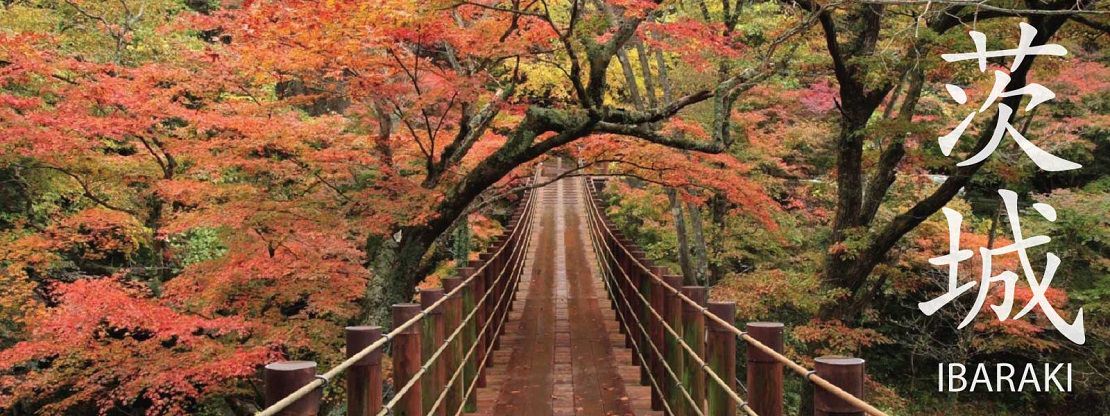
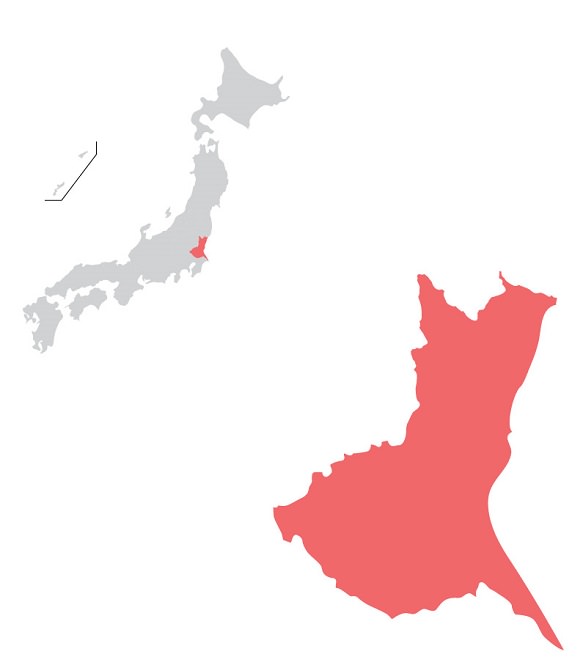
Region: Kanto
Capital: Mito
Population (approx.): 2.96 million
Area: 2,354 sq miles
Area Rank: 23
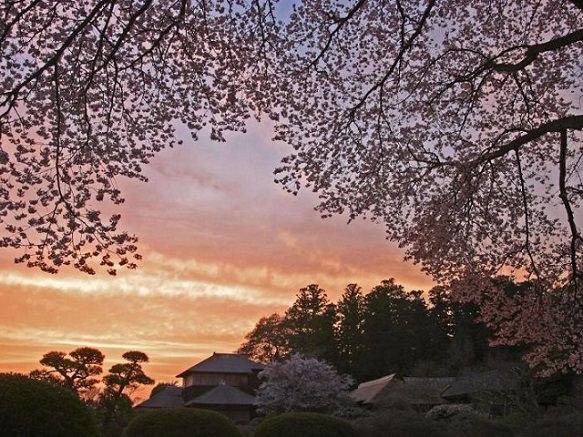
Ibaraki Prefecture is located in the Kanto region, bounded by the Pacific Ocean on the east. It is known for Kairakuen, one of Japan’s three most beautiful landscape gardens. Kairakuen is located in Mito and was built by the local lord Tokugawa Nariaki in 1841. Kairakuen was unique for not only being used by the lord by also being open to the public unlike the other two gardens Kenrokuen and Korakuen. The garden is most popular during plum season when the over three thousand plum trees of the garden blossom and fill the park with beautiful pink, red, and white blossoms.
The city is most famous for Kairaku-en Garden
The Best Three Landscape Gardens in Japan
Magnificent year round flower garden in Ibaraki
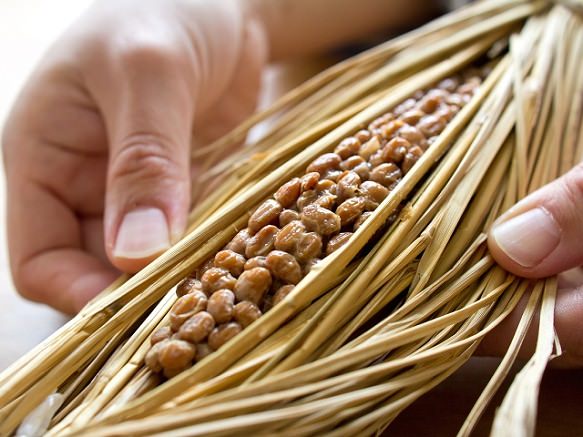
Ibaraki is also known for its natto, or fermented soybeans. Natto is often associated with Mito, a city in Ibaraki where natto was first mass produced. Natto has a distinctive smell and gooey texture that may turn some people away but is known for its health benefits. As a rich source of protein and known to prevent blood clots, Alzheimer's, and even cancer, many Japanese frequently eat natto, sometimes even daily for breakfast with a bowl of rice. If the smell and texture does not bother you, natto might be a great choice of food to add into your diet.
One of Ibaraki’s local cuisine is Anko-nabe. Anko is the Japanese term for Anglerfish, and the anko nabe stew consists of the meat and its inner parts, especially the liver, which are all prepared in a stew with other vegetables in a soy sauce or miso based soup.
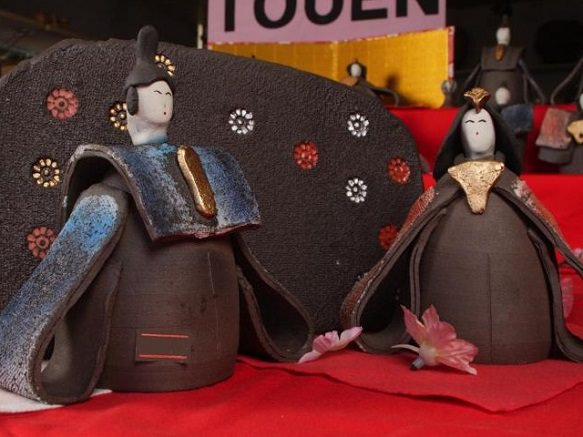
Kasama-yaki is a type of traditional pottery that originated in Kasama, Ibaraki during the Anei Period (1772-1781). Kasama-yaki is produced from large amounts of iron, resulting in reddish-brown finished product which is then glazed with black paint. Kasama-yaki originally created mostly kitchenware products such as large pots but recently is being used to create more modern ceramic arts. Kasama Kogei no Oka, also known as Kasama Craft Hills in Ibaraki, is a great place to view kasama-yaki. The craft center also holds workshops where you can try creating your very own Kasama-yaki. Kasama Craft Hills has both exhibitions to view pottery as well as souvenir shops to purchase these traditional Ibaraki ceramics.
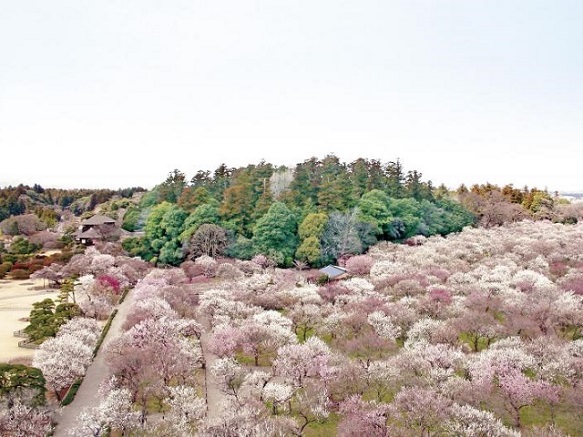
The Mito Ume Festival, held from late February until the end of March, is a beautiful flower viewing event in Ibaraki. Held at Kairakuen Garden, Mito Ume Festival attracts many locals and tourists who gather to watch approximately 3,000 ume trees bloom their pink, white, and red flowers. Kairakuen's walking trails allow you to get close views of the beautiful ume flowers. During these spring months, outdoor tea ceremonies, Japanese traditional dances, taiko, and koto performances are held. For a few weeks in March, Kairakuen garden is decorated with illumination, adding more beauty to the scenery.
People Gather Every Year to View the 8,500 Azalea Bloom